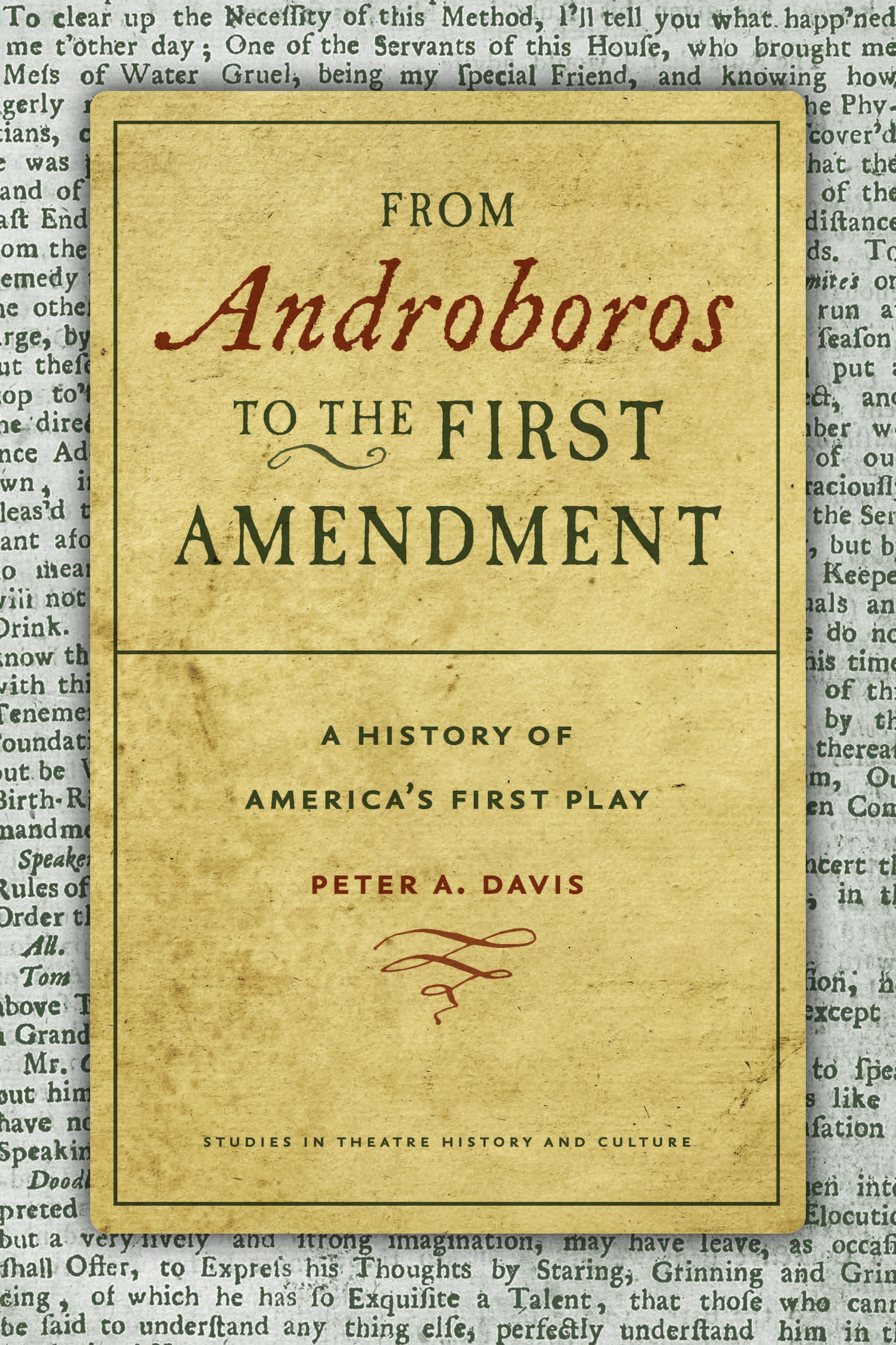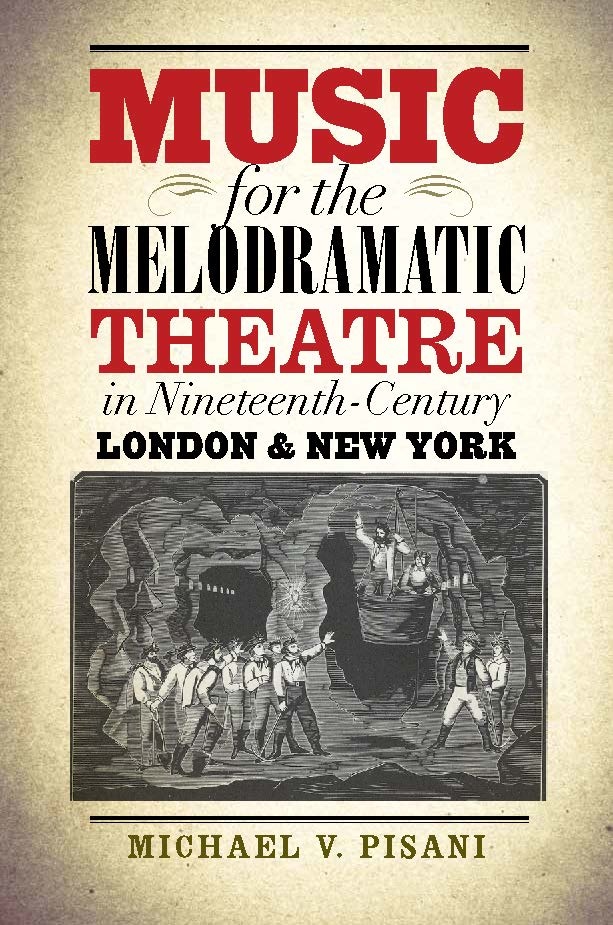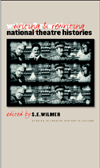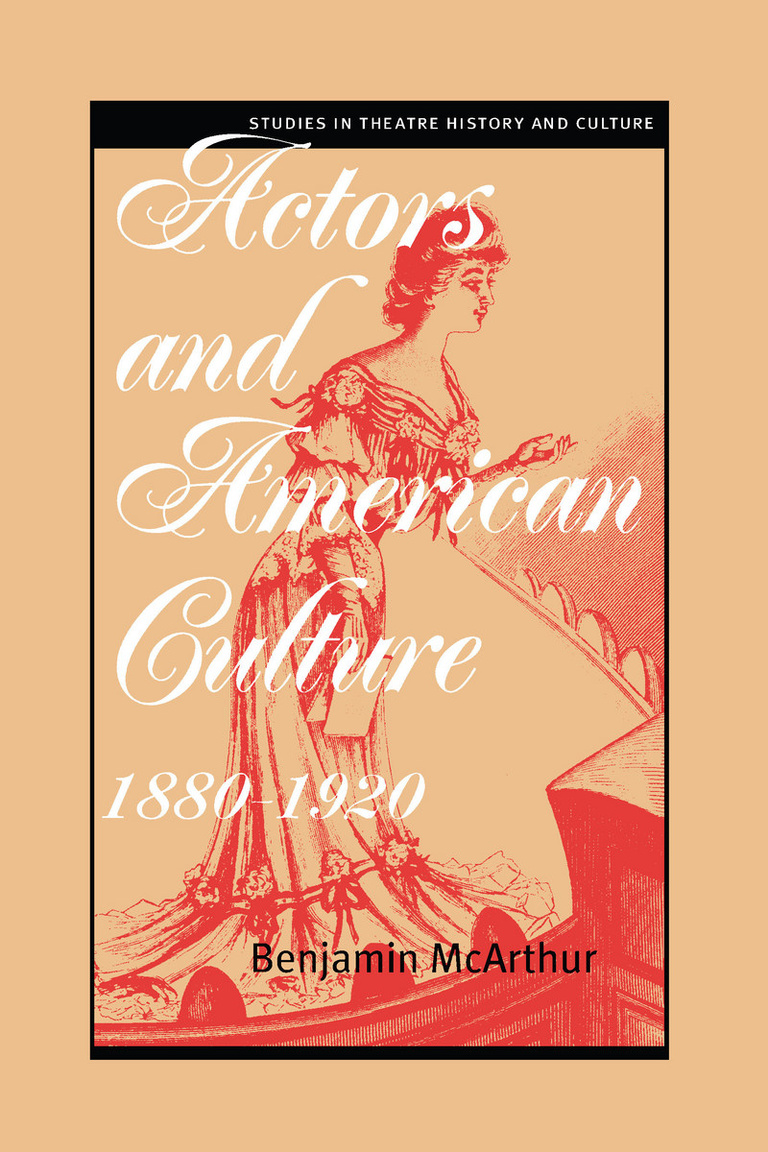The story of America’s earliest extant play begins with a petty crime—a crime that would have passed largely unnoticed had it not been for one fact: it prompted a beleaguered royal governor of one of Britain’s colonies to lash out at his enemies by writing a biting satire. Androboros, A Bographical [sic] Farce in Three Acts (1715), is universally acknowledged as the first play both written and printed in America. Its significance stems not simply from its publication but from its eventual impact. The play inadvertently laid the foundation for one of the defining rights of the nation that would eventually emerge some seventy-five years later—the First Amendment of the Constitution of the United States, guaranteeing a free press and freedom of expression.
Androboros was not just the first of its kind, it was also ahead of its time in many ways, preceding the harsh political satires and farces of the later eighteenth century by some fifty years. Such plays served a small but essential role in promoting political thought among the colonists. Written by anonymous authors and passed from hand to hand, these short, crude, and often bawdy plays and dialogues were rarely acted due to their inflammatory lampoonery. Nevertheless, they provided an opportunity for disgruntled colonists to vent their grievances and promote their ideas to fellow citizens. The farces of the late eighteenth century drove home the meaning and message of the American Revolution.
Equally significant is that Androboros may have influenced a few of the key political discourses published in the 1730s, and these works in turn may well have shaped the future of the American political landscape for the next several decades and even into the modern era. But as a closet drama intended only to be read by close friends and political supporters, this play has languished as a minor footnote in American intellectual history. Scholarly research published to date has been, for the most part, inadequate and occasionally inaccurate. This study remedies that oversight, providing a full analysis as well as an annotated typescript and facsimiles of the original printing.
“In a remarkable act of literary resurrection, Peter A. Davis brings America’s first play back to critical and historical life, framing Governor Robert Hunter’s scandalous Androboros in the melee of colonial politics, the tradition of Augustan satire, and the early American debate over free speech.”—Jason Shaffer, author, Performing Patriotism: National Identity in the Colonial and Revolutionary American Theater
“Scatological references, crude humor, bitter caricatures together with an easy wit and good humor characterize Governor Robert Hunter’s satirical drama, Androboros, published in 1715 for his friends, about governing an unruly Assembly and placating the Anglican Church. Thanks to Peter Davis’s From Androboros to the First Amendment, we have a context for identifying the political irritants as well as understanding the issues. Davis links the play with a 1735 legal decision on libel and with the writing of the First Amendment to argue that America’s first drama should be regarded as an important historical document.”—Tice L. Miller, author, Entertaining the Nation: American Drama in the Eighteenth and Nineteenth Centuries



